Delhi, September 13, 2024 – The Aam Aadmi Party (AAP) government’s decision to impose a total ban on firecrackers in Delhi until January 1, 2025, has ignited a political firestorm, drawing criticism and support in equal measure. Announced on September 9, this ban aims to curb the capital’s notorious winter pollution, particularly during Diwali, but has instead fueled a debate over cultural rights versus environmental health.
The ban, encompassing all forms of firecrackers, has been met with accusations of cultural insensitivity from the Bharatiya Janata Party (BJP), which claims it disproportionately affects Hindu festivals. Social media platforms, including X, have become battlegrounds for this debate, with users posting evidence of firecrackers being used in non-Diwali celebrations, questioning the enforcement’s impartiality.
https://twitter.com/ArvindKejriwal/status/1834592894432280656
Political Repercussions: The controversy has not only highlighted the AAP’s environmental policies but also exposed political fault lines. BJP leaders argue that while the ban targets Diwali, other pollution sources like vehicular emissions and industrial waste receive less scrutiny. This has led to a public outcry, with many feeling that their cultural practices are under siege.
Enforcement Challenges: Historically, enforcing firecracker bans in Delhi has proven difficult, with a thriving black market often emerging. This year, however, the Delhi government has promised stringent measures, involving coordination between the police, pollution control committees, and revenue departments. The effectiveness of these measures will be crucial in determining the ban’s impact on air quality.
Public Health vs. Cultural Practices: At the heart of this debate lies the conflict between preserving cultural traditions and safeguarding public health. While supporters of the ban applaud the move for potentially reducing respiratory issues during winter, critics argue that firecrackers contribute minimally to Delhi’s pollution compared to other factors like stubble burning in neighboring states.
Conclusion: The AAP’s firecracker ban has not only set the stage for a cleaner Diwali but has also sparked a broader conversation on how environmental policies intersect with cultural practices and political agendas. As Delhi braces for another winter, the eyes of the nation are on how this ban will unfold, balancing between tradition, health, and politics.



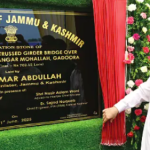

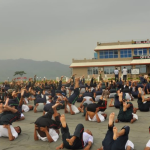
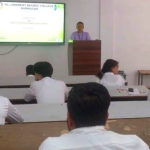
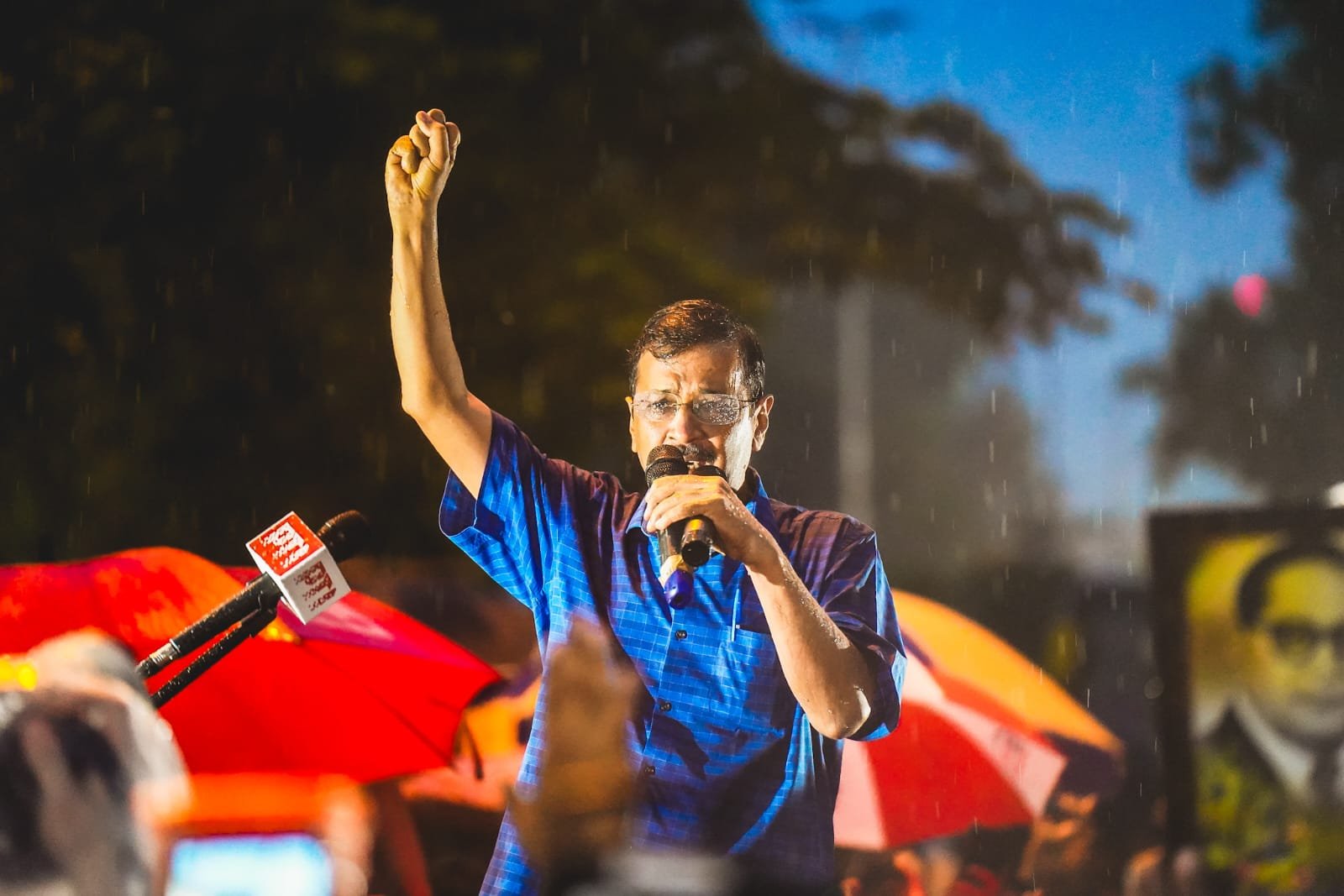
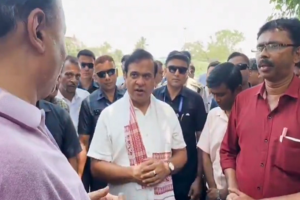
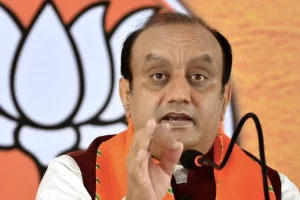

Add Comment